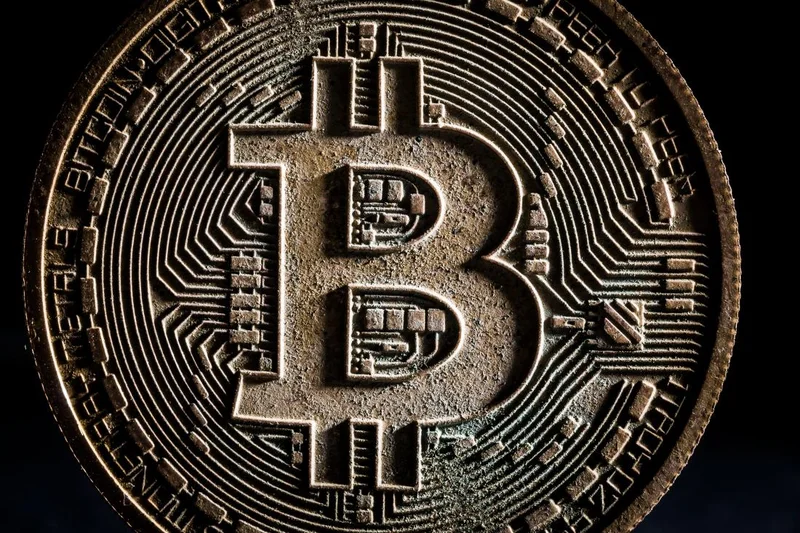Bitcoin Laundering Scheme: Prison Time and What It Really Means
Alright, so the hammer finally dropped on Samourai Wallet. Four years for William Lonergan Hill, five for Keonne Rodriguez. A quarter-million dollar fine each, plus they gotta cough up $6.3 million in fees. Good riddance? Or is this something else entirely?
The Cost of "Cleaning" Bitcoin
Let's be real: these guys weren't exactly running a charity. They built a business on the promise of untraceable transactions, a service the DOJ claims was used to launder over $237 million in dirty money. Drug trafficking, cyber intrusions, child pornography... the whole nine yards. Hill was even pimping Whirlpool on Dread, calling it the best way to clean "dirty BTC." Real classy.
But here's where it gets sticky. They're saying Samourai Wallet operated as an unlicensed money-transmitting business. But the defense argued that, as a non-custodial wallet, they didn't need a license. It's that "functional control" argument that seems to have sunk them. Did they exert enough control to be considered a money transmitter? Or were they just providing tools?
And honestly, where do you draw the line? Is every VPN provider now liable for what criminals do online? What about the companies that make encryption software? Is this the start of something bigger?
When Privacy Becomes a Crime
The DOJ made it clear: Samourai's founders "actively encouraged" criminal users. Rodriguez even told hackers to dump stolen funds into their system. He privately called mixing "money laundering for Bitcoin." Okay, that doesn't look good. But is it illegal to build a tool that can be used for illicit purposes? It sounds like the prosecution cherry-picked the most damning evidence they could find.
I mean, yeah, they profited from it. Big time. Over six million bucks. But profiting from something isn't automatically a crime. If it was, half of Silicon Valley would be behind bars.

Then again, maybe I'm being too cynical. Maybe these guys were flagrantly breaking the law, thumbing their noses at regulators, and actively aiding criminals. Maybe they deserve everything they got.
Ofcourse, the scary part is where this leads. Are they going to start going after every privacy-focused crypto project?
The Future of Crypto Privacy
This isn't just about Samourai Wallet. It's about the entire idea of crypto as a haven for privacy. The Feds want to know where your money's going, and they're not afraid to use the full force of the law to find out. Samourai Wallet CTO Gets 4 Years in Prison For $2B Bitcoin Laundering Scheme - Yahoo Finance
The question is, what's next? Will other mixing services get targeted? Will developers be held liable for how their code is used? And more importantly, will this chill innovation in the crypto space? Will people be afraid to build privacy-enhancing tools, even if they have legitimate uses?
It's a slippery slope, and I ain't convinced we're heading in the right direction.
So, What's the Real Story?
This whole thing stinks of overreach. Yeah, these guys probably weren't saints, but using them as an example to scare the rest of the crypto world? That's some BS right there.
Tags: Bitcoin
IEA Report: Global Energy Outlook and the AI Impact
Next PostMartech's Latest: What's New, the Best Tools, and Martech's True Meaning
Related Articles
